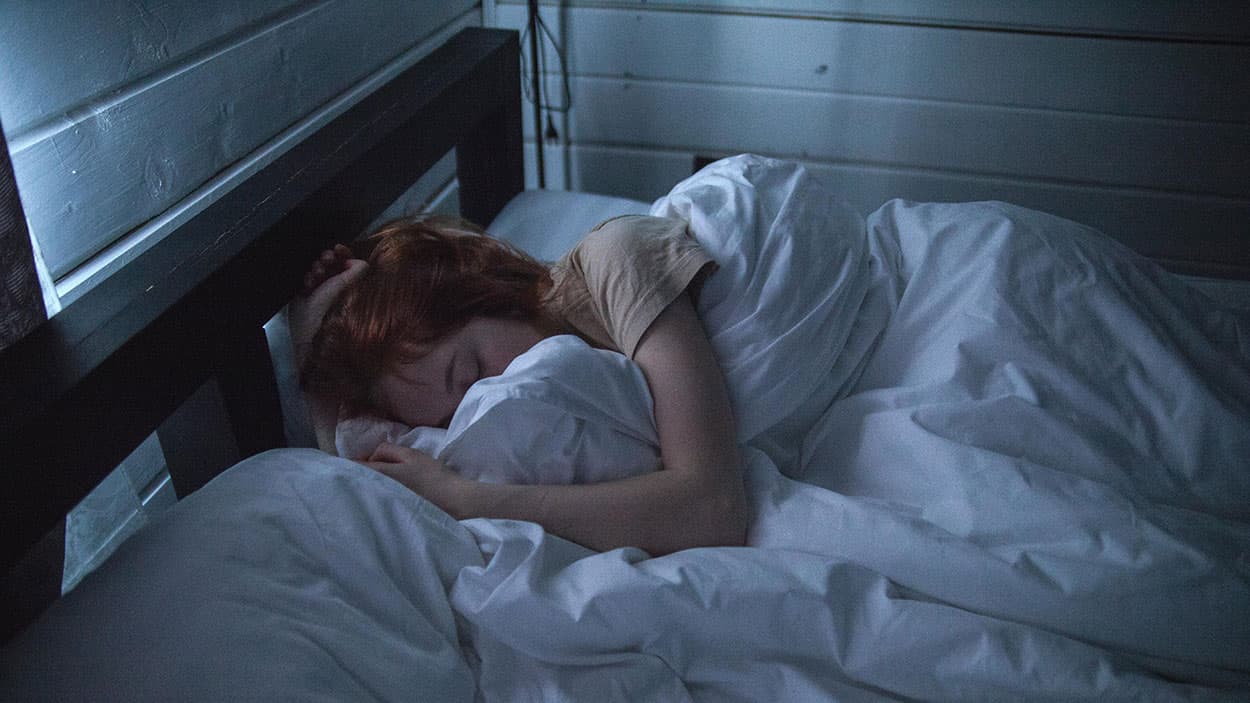Sleep and the brain: The basics of sleep biology
Sleep is essential for our physical and mental well-being. It’s not just about resting; sleep helps our brain process memories, clear toxins, and rejuvenate our bodies. Sleep is functioning to restore our functions to optimum level.
Sleep Stages
We cycle through different stages of sleep throughout the night:
These cycles has roles in symptom profile of the problems that patients complains, hence for diagnosis and management of the sleep problems.
NREM (Non-Rapid Eye Movement): Deep restorative sleep that helps us feel rested.
REM (Rapid Eye Movement): The stage when we dream, and the brain is active, processing emotions and memories.
Interplay of neurochemicals
Its amazing how brain functions optimizing the effect of hardly 10 neuro-chemicals to clear sleep debt throughout the day, with couple of hours of sleep at night, a completely individualized system just like your personalized gazette.
The neurochemicals like Melatonin, Adenosine, Gamma-Aminobutyric Acid (GABA), Serotonin, Orexin (Hypocretin), Dopamine, Cortisol work together to regulate sleep cycles, ensuring you transition smoothly between different stages of sleep and wakefulness. Disruptions in their balance can lead to various sleep disorders.
How the body knows when to sleep
Its interesting to know that we have our own internal clock system of routine for our bodily functions like bathroom habits, appetite, sleep cycle, libido etc. These routines are greatly influenced by the internal messengers in the body called as hormones. This biological clock, known as the circadian rhythm, tells you when to sleep and when to wake up. It’s influenced by light, temperature, and activities during the day. They give our body signals about time, the external messengers, called as zit-gibers.
The role of "Melatonin" in sleep
Melatonin is a hormone that regulates your sleep-wake cycle. It’s produced by the brain in response to darkness, making you feel sleepy when it’s time to rest. When it’s light outside, melatonin production decreases, helping you stay awake.
Melatonin and Mental Health: Disruptions in melatonin levels can lead to sleep problems, and poor sleep can affect mood, concentration, and overall mental health.
How screentime affects sleep
In today's digital world, many of us spend hours staring at screens before bed. Unfortunately, this can interfere with sleep.
Blue Light and Melatonin: Phones, computers, and televisions emit blue light, which can suppress melatonin production and make it harder to fall asleep. The brightness from screens tricks your brain into thinking it’s still daytime.
Tips to Reduce Screentime at Night:
Turn off devices at least 30-60 minutes before bed.
Use apps or settings to reduce blue light on your devices.
Create a “tech-free” bedtime routine, focusing on relaxing activities like reading a book.
Medications and sleep: what you need to know
Sometimes, sleep problems require medical help. Here’s a basic overview of sleep-related medications:
Prescription Sleep Aids: Medications like benzodiazepines and certain antidepressants can help people with insomnia. However, they are usually prescribed for short-term or long term depending upon the condition.
Melatonin Supplements: For some, melatonin supplements may be helpful to adjust the sleep cycle, especially for shift workers or those with jet lag. Always consult a doctor before using them.
Caution: Always consult with a healthcare provider before using medications or supplements for sleep problems, as they can interact with other treatments or have side effects.
Sleep Hygiene: Healthy Habits for Better Sleep
Sleep hygiene refers to practices that promote consistent, quality sleep. Simple lifestyle changes can significantly improve your sleep.
Create a Sleep-Friendly Environment:
Keep the bedroom cool, dark, and quiet.
Invest in a comfortable mattress and pillow.
Maintain a Consistent Sleep Schedule: Go to bed and wake up at the same time every day, even on weekends. This helps stabilize your body’s internal clock.
Limit Caffeine and Alcohol: Avoid caffeine or large meals close to bedtime. While alcohol may make you feel drowsy, it can interfere with deep sleep stages.
Exercise: Regular physical activity during the day can help improve sleep quality, but avoid vigorous exercise too close to bedtime.
Relax Before Bed: Engage in calming activities like meditation, deep breathing, or a warm bath before bed to signal your brain that it's time to wind down.
When to seek professional help
If you or someone you know continues to experience sleep problems despite trying these tips, it might be time to consult with a healthcare professional. Sleep disorders like insomnia, hypersomnia (excess sleep) sleep apnea, or restless leg syndrome, sleepwalking, can require specialized treatment.
